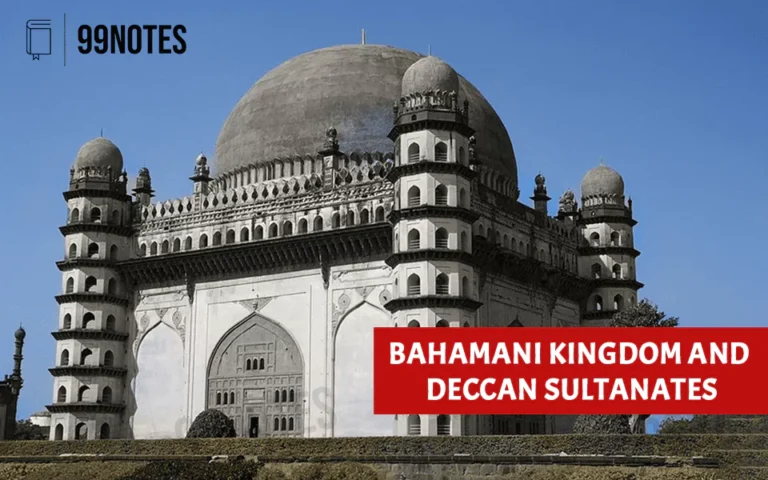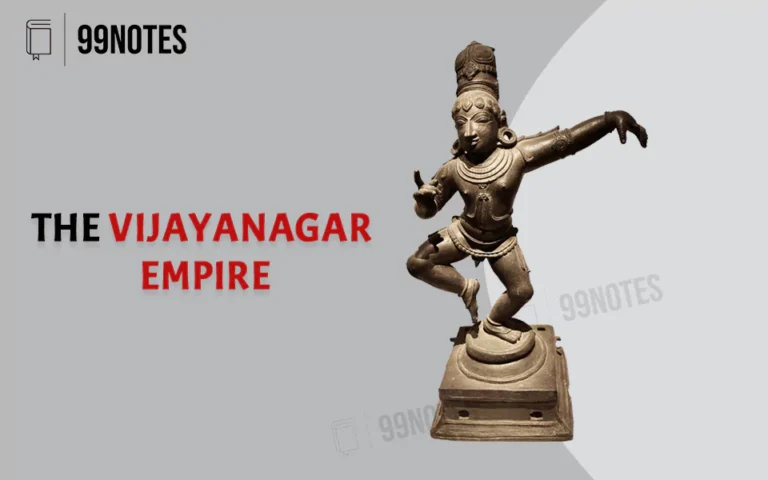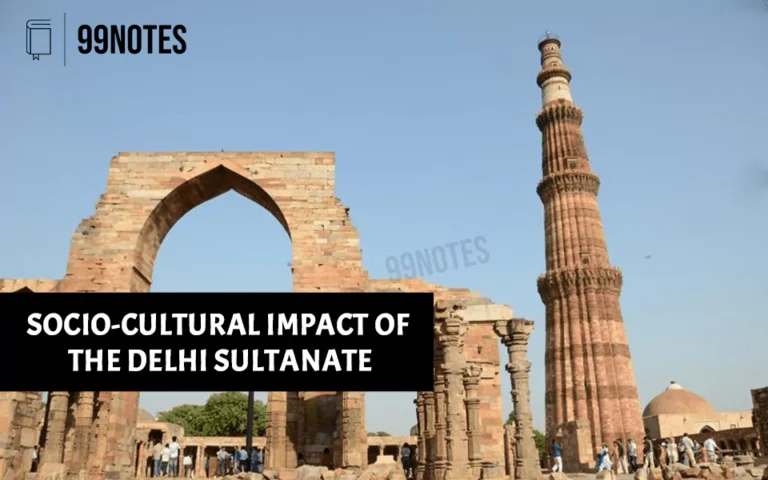How to choose an Optional Subject
How to choose an Optional Subject The Mains part of the Union Public Service Commission (UPSC) Civil Services Examination decides the actual rank of a candidate and therefore is the most significant aspect of the examination. Even after clearing UPSC CSE Prelims multiple times, candidates find it difficult to secure a rank. The selection of…


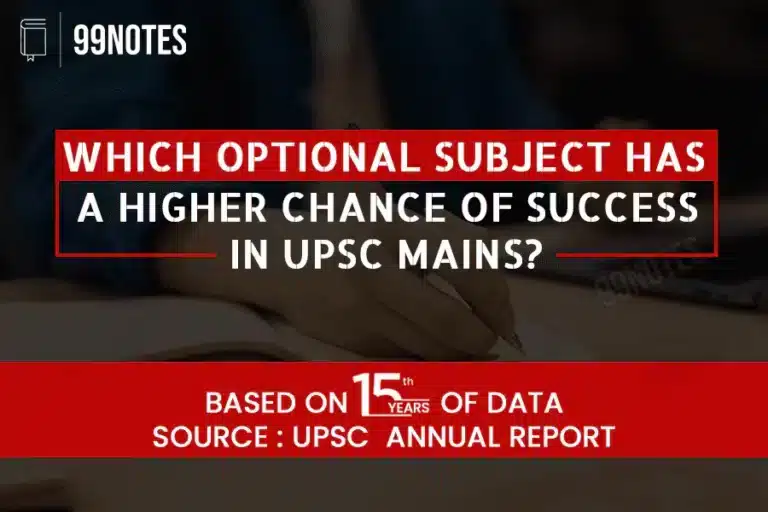
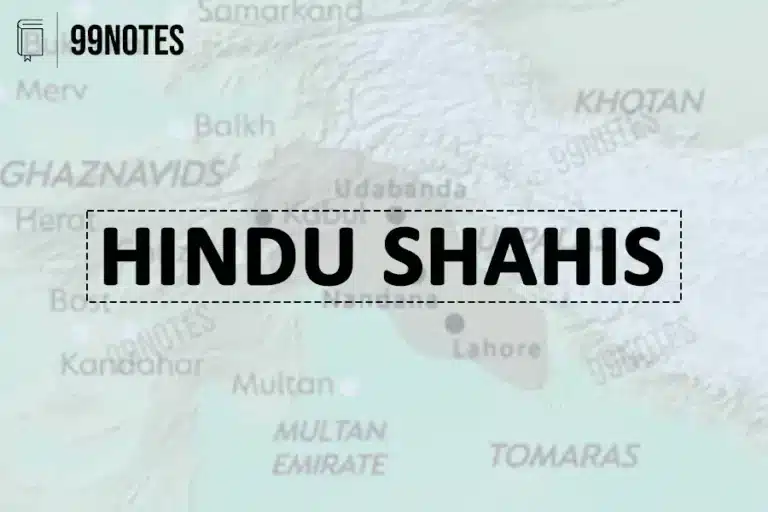
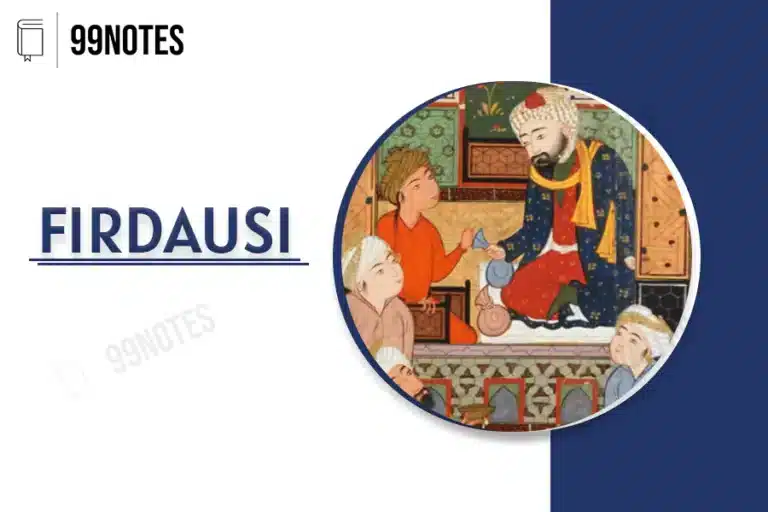
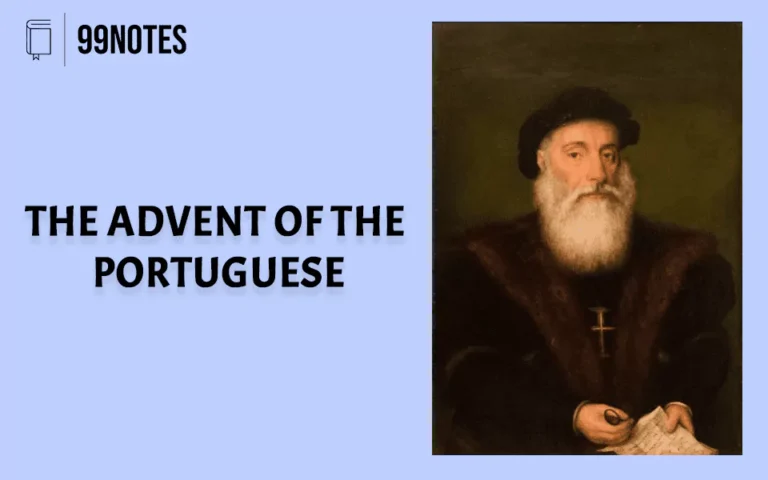
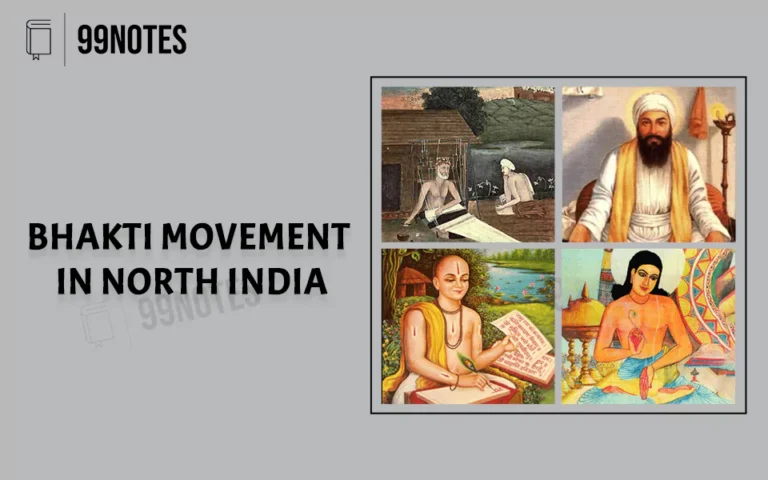
![Bhakti Movement: Origin, Main Principles, Causes, And Its Effect [Upsc Medieval History Notes] | Updated November 14, 2024 Bhakti Movement: Origin, Main Principles, Causes, And Its Effect [Upsc Medieval History Notes]](https://99notes.in/wp-content/uploads/2023/02/the-bhakti-momvement-banner-99notes-upsc-768x480.webp)
